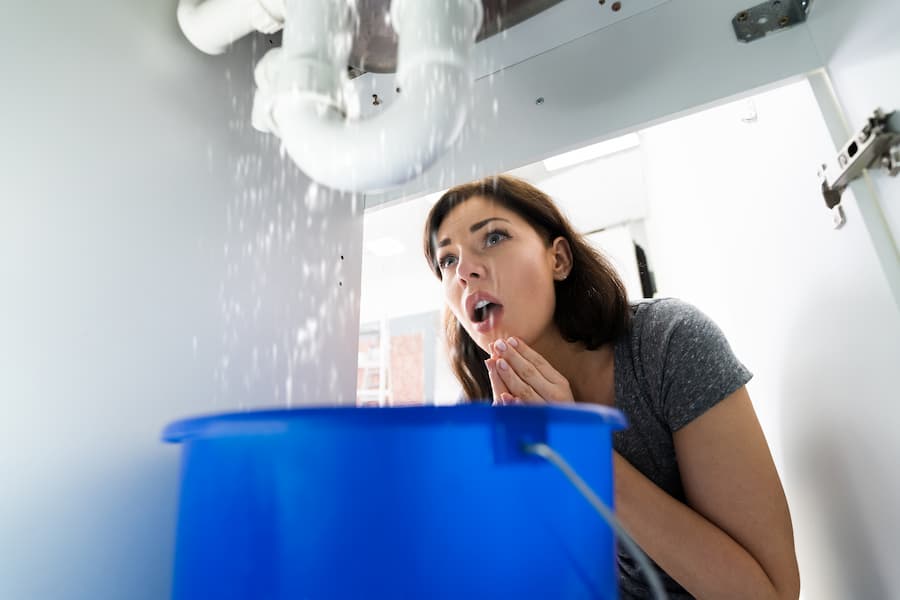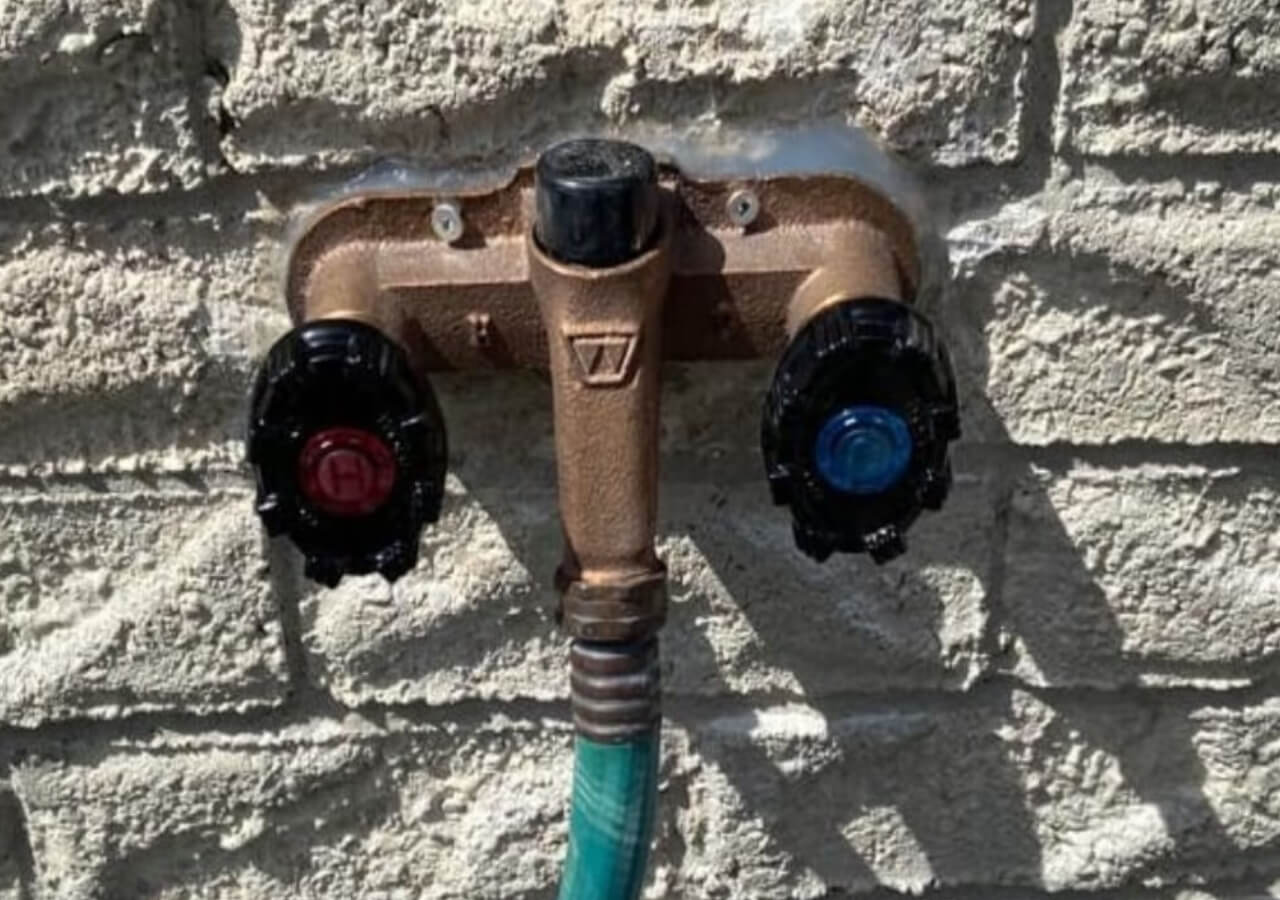Water Leak
Early Water Leak Detection, Guarding Your Property from Unexpected Damage
Prevent A Water Leak
As a homeowner, you can take a few precautionary steps in order to ensure that your home doesn’t get affected by the potential devastation that a water leak can bring.
When encountered with a water leak in your home or business, it can lead to a potential water disaster or flood, which can lead to long-term effects and a lot of money down the road. Water leaks will come unexpectedly but will wreak havoc on your home if not taken care of properly.
4 Easy Plumbing Tips to Prevent Major Damage
Regular checks for water leaks
Empower yourself with these practical water leak prevention tips to safeguard your home and belongings
Your home water meter will be a great indicator to you in determining if you have a water leak in your home. To start, you’ll have to shut off the main water source in the home. Next, shut off all faucets, and sinks and make sure your washing machine isn’t running. This will ensure that water isn’t currently running in your house.
Next, watch the meter and see that it isn’t running or is beginning to change. If the meter indicates that there’s movement, then it’s most likely you have a leak somewhere in your home, and a fast leak at that.
If, when you check it, nothing happens to the meter, check it again in a few hours just to be sure. If there is movement after that, then it’s most likely you have a slower drip leak. If you are experiencing a slower drip (or a fast water leak) contact your local plumber immediately to assess your home for where the leak is originating from.
A great indicator of a water leak is your monthly water bills. Properly assessing each month’s bill and comparing them to one another can be a good indication of your monthly usage and in turn, tell you if you’re using more water than the months previous.
Common households of 4 should use less than 12,000 gallons of water per month, so if your bill shows more than that, it’s highly likely you have a leak in your home. Detecting leaks in the hard-to-reach areas or the areas that aren’t necessarily exposed may be out of your reach, so getting a plumber to scan your home for water leaks should be your next course of action. A competent plumber can find all leaks through careful remediation and is equipped with the technology to find the leaks and eliminate them fast!
By adding a few drops of food coloring to your toilet bowl, homeowners can test to see if they have leaks on their own. Toilets make up about 30% of your water usage so checking on them should be priority one.
By adding the food coloring and waiting 10 minutes you can tell if there’s a leak if that color shows up in your bowl. From there you’ll be able to check around your home to see where the leak is originating from. So long as you know that there is a leak is step #1 and from there you can determine if you should look around to see where the leak is coming from or contact a plumber.
While the prevailing thought is that leaks happen in the home, leaks outside the home can also occur. Check the exterior of your home to see if your outside hoses or other water sources are leaking water. If you see water seeping through the rubber hose gasket, replace it and ensure that it’s tightened to perfection. It’s always a good safe measure to have a plumber come by and test your outside water system to ensure it’s operating smoothly. Ensuring your outdoor water irrigation system is running well can end up saving you a lot of money in the long run.
By making it a habit to check all your appliances and pipes regularly for leakage, can also save you time and money. Be vigilant when it comes to your home – be more proactive vs reactive – to any leaks that may or may not occur. Things to look for can include mold buildup or a foul smell, so follow your intuition to try and snuff out the leak. By getting to the issue earlier, you can potentially save yourself time and money in the long run.
For good measure, you might want to consider having your local plumber come over to check that your pipes and appliances are all in good working order. If your home is over 30 years old, be especially aware of things going awry and make those checks more frequently, unless you’ve upgraded your appliances and plumbing stack recently. Be sure to check that the hoses and pipes are all up to code and upgraded and that you won’t have an issue in the nearby future.
If You Suspect A Water Leak – Deal With It Immediately!
As we tell all our customers, always be sure that when you do see a leak, act quickly and eliminate the leak so it doesn’t turn into something bigger than it should be.
Don’t wait to see if the issue gets bigger or goes away. Chances are that if you have a leak, it’s not doing any good letting it stew and should be dealt with immediately.

What to do if water is leaking into the house?
If you have a large water leak in your home, the first step is to turn off the main water valve. This will prevent excessive water build up until you determine the source of the water leak.
Where are most common water leaks in the house?
The most common places for water leaks in the home are the kitchen and the bathroom. Hot water tanks can also be a common source of water leaks in the home.
How can you tell if you have water leak in the home?
All water leaks may not have obvious pooling of water. You may notice wet spots on the wall or in the ceiling. You may also notice the sound of water running in the wall or under your floors. If you notice any of this, contact a plumber right away.
Free Outdoor Tap!
Purchase an outside tap replacement and receive a 2nd outside tap replacement at no charge!
Appointments are based on availability.


